SPECIFICally Who What When Where Why (and How)
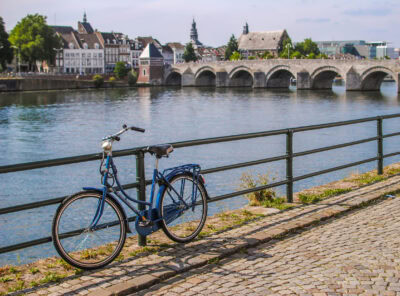
As the teams’ transition experiments are shaping up (or even underway), now seems like a good time to summarise what will be taking place in each of the five cities. And what better way to do this than to adopt the 5Ws (and 1H) method. You can, of course, find more detail and the latest news on the experiments in each city on their own section of this website using the tabs above.
Bellinzona
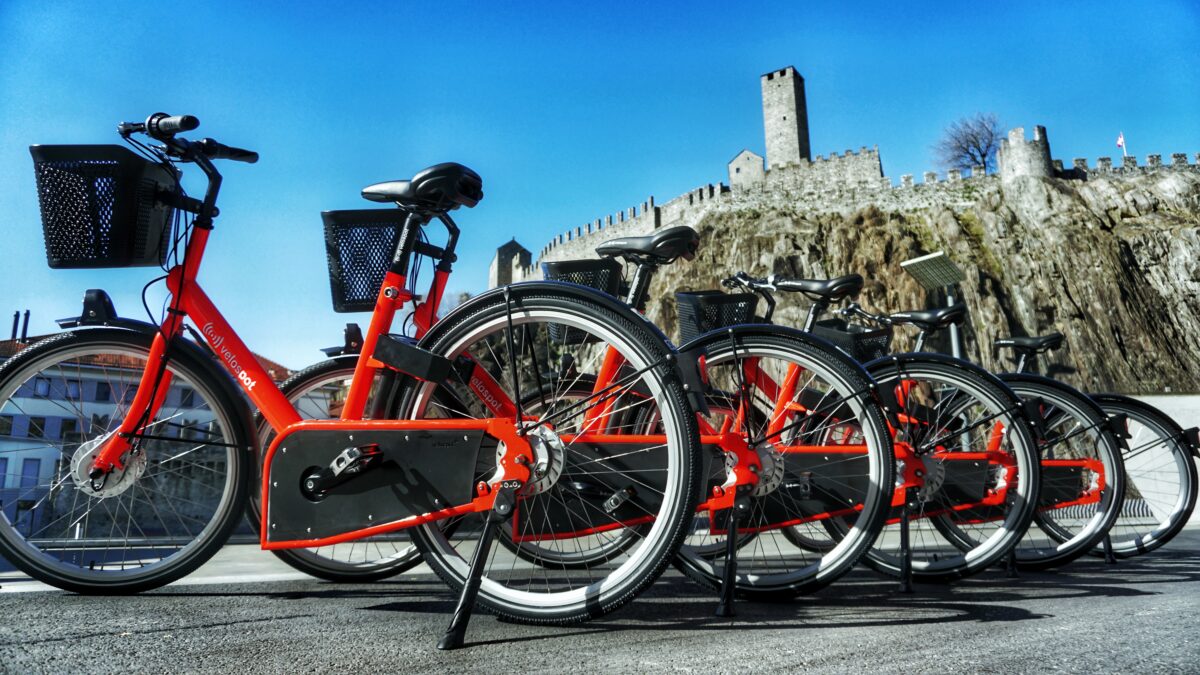
What: Evaluating the effectiveness of replacing motorised transport with bikes for commuting, especially for the home-school-work journey
Who: Families with children, living in the periphery of Bellinzona
How: Gamified activities using a points-based system to incentivise parents and children, along with awards and competence-building sessions to improve cycling proficiency
Why: Shifting from cars to bikes for commuting reduces emissions and alleviates traffic congestion, promoting long-term behavioural change
Where: Trialled at a school in the southern periphery of Bellinzona
When: Spring to Autumn 2025
What: Testing the feasibility of making last-mile deliveries to the suburbs using e-cargo bikes rather than electric vans
Who: Zedify (last-mile delivery firm), working with Bristol City Council
How: Trialling two different options for replenishing riders with deliveries mid-route allowing them to continue further into the suburbs
Why: Deliveries made by e-cargo bikes will reduce their environmental impact compared to current (e-)van operations
Where: Inner-suburbs in South Bristol characterized by lower density populations than the city centre and high diversity in social grades
When: September 2024 – August 2025
Bristol

Graz
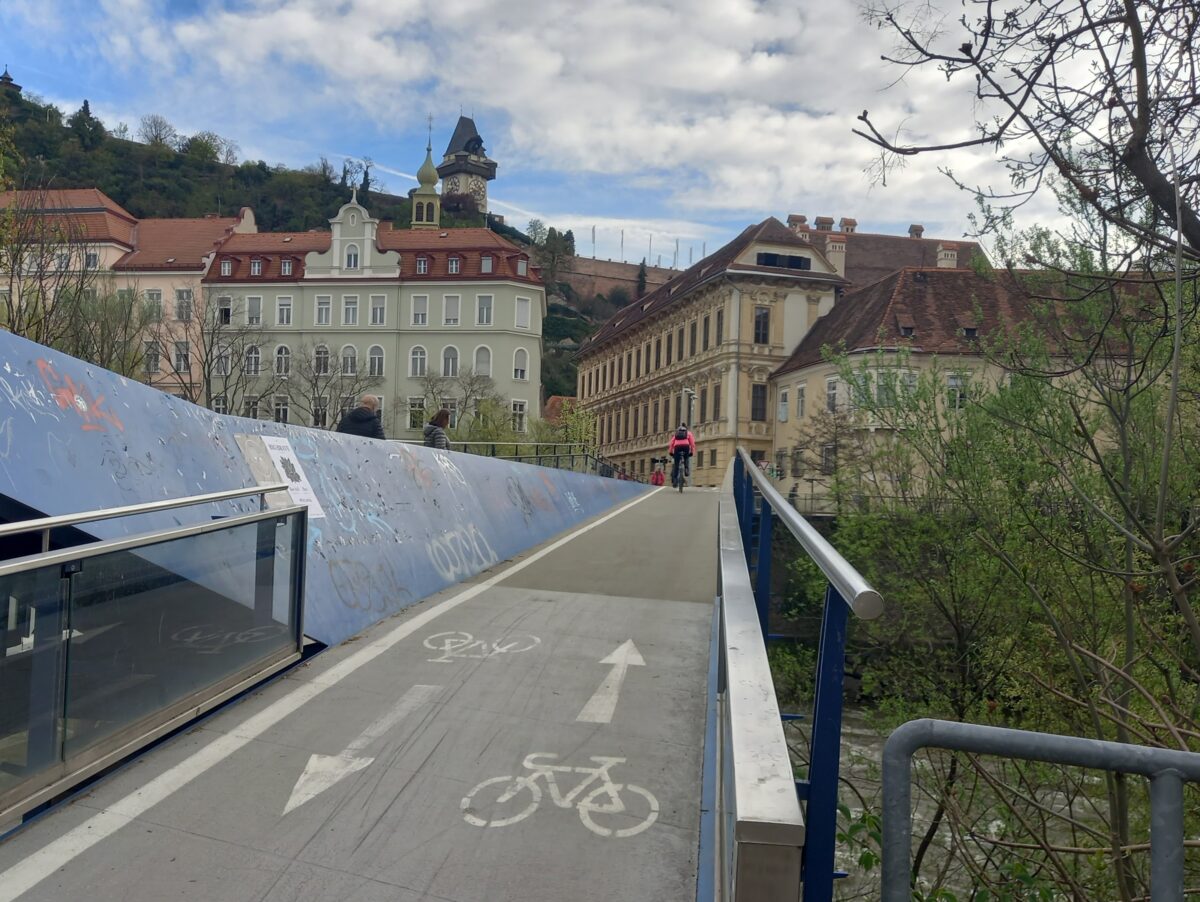
What: Exploring everyday mobility, including various forms of commuting (e.g. for school or work), errands, and childcare
Who: Residents, pupils, local authorities, and other interest groups
How: Experimental activities facilitated by an urban lab kit operating as a board game played in two rounds – one with pupils and another with various local stakeholders – followed by further collaboration to encourage changes in routine mobility practices of local people
Why: To reduce car dependency and promote sustainable travel in everyday mobility practices
Where: Peri-urban areas in the South-West of Graz
When: Spring to Autumn 2025
What: Organising and evaluating ‘Try-an-E-Bike’, an experiment focusing on alternatives to commuting by car
Who: Employees living in the periphery of Maastricht and the surrounding region who commute to work by car
How: Providing employees with e-bikes for one week and assessing the impact through interviews and ride-alongs (combining e-bikes with public transport is also possible)
Why: To reduce congestion and pollution by addressing perceived car dependency and promoting active mobility
Where: The city of Maastricht and nearby towns within a 30-minute e-bike commuting distance from the city
When: Spring 2025
Maastricht
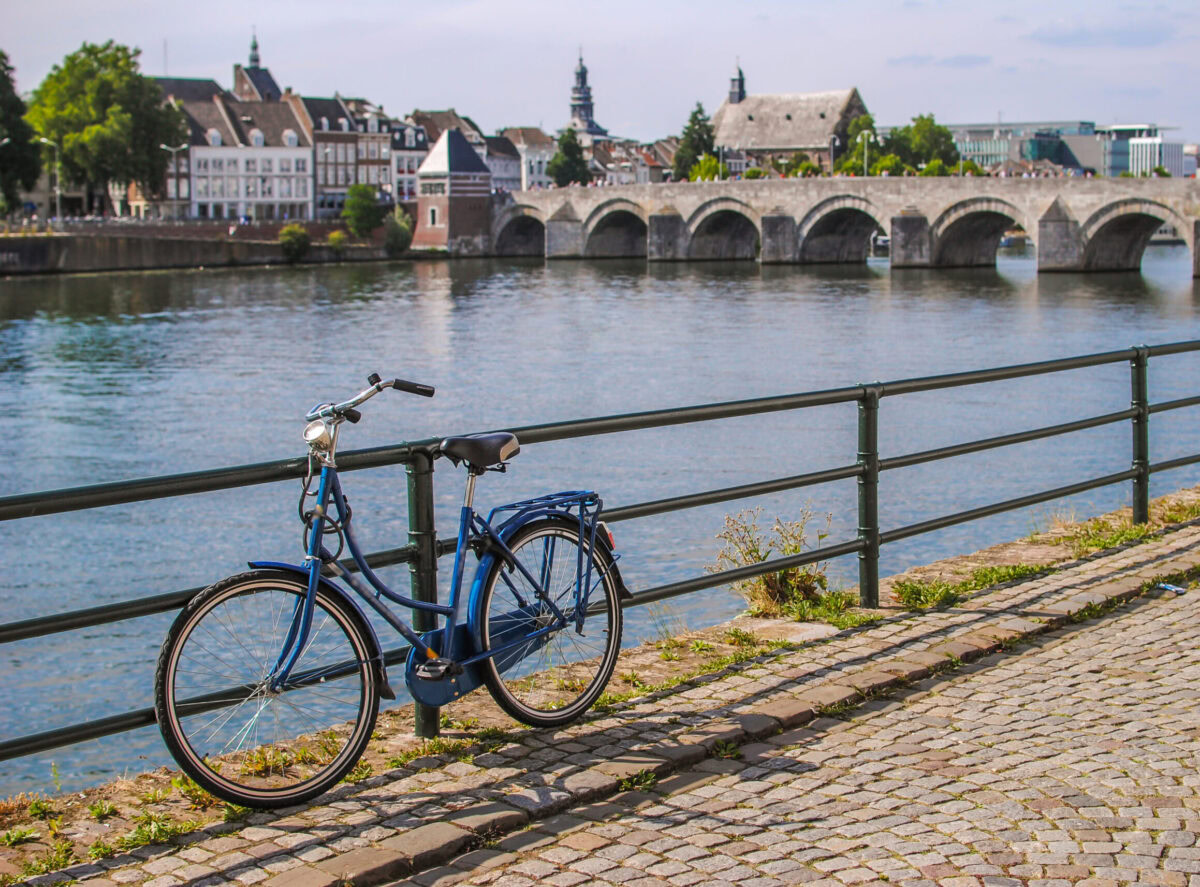
Poznań
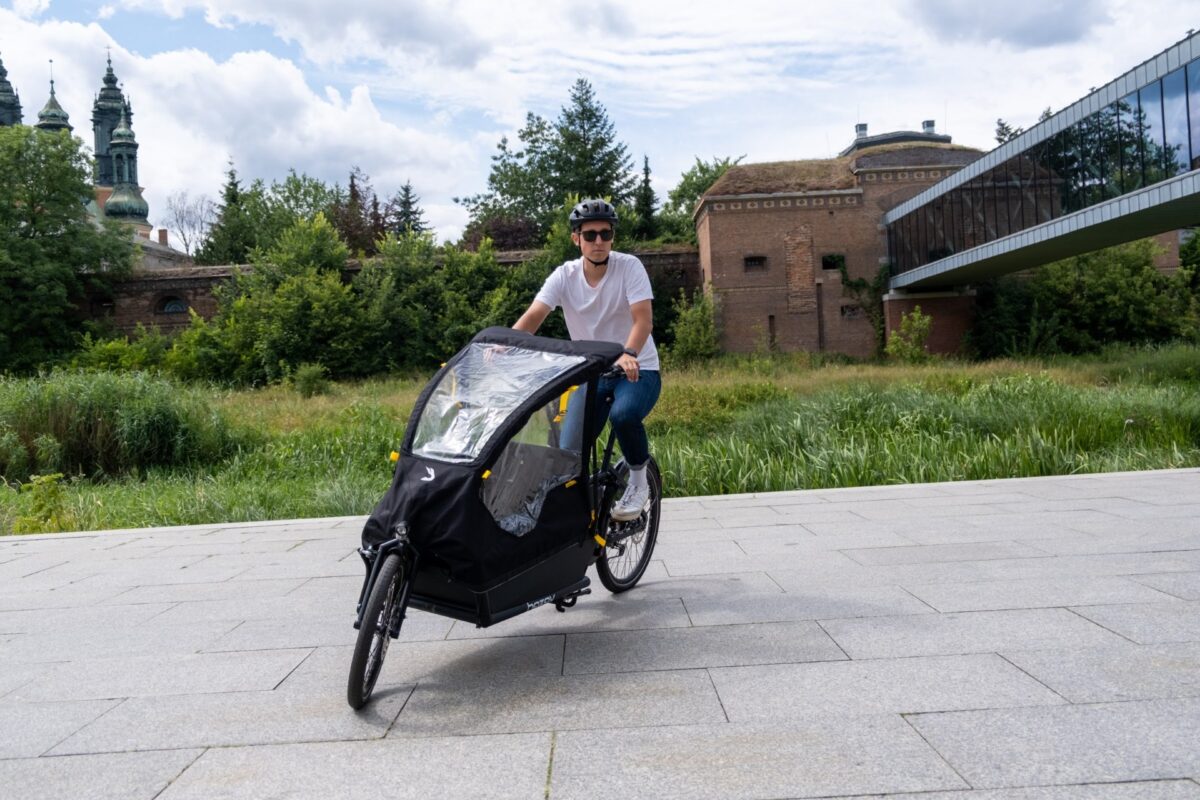
What: Evaluating the feasibility of replacing motorized transport with cargo bikes for business
Who: Small and medium-sized enterprises, NGOs, cargo bike producers, Poznań SmartCity team and authorities
How: By providing cargo bikes to businesses and NGOs and evaluating their effectiveness through interviews, focus groups, and GPS data analysis
Why: To reduce carbon emissions and traffic congestion, while providing businesses with a cost-effective, sustainable transport alternative
Where: Poznań Metropolitan Area
When: Spring and summer 2025